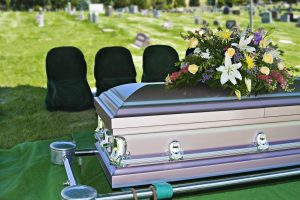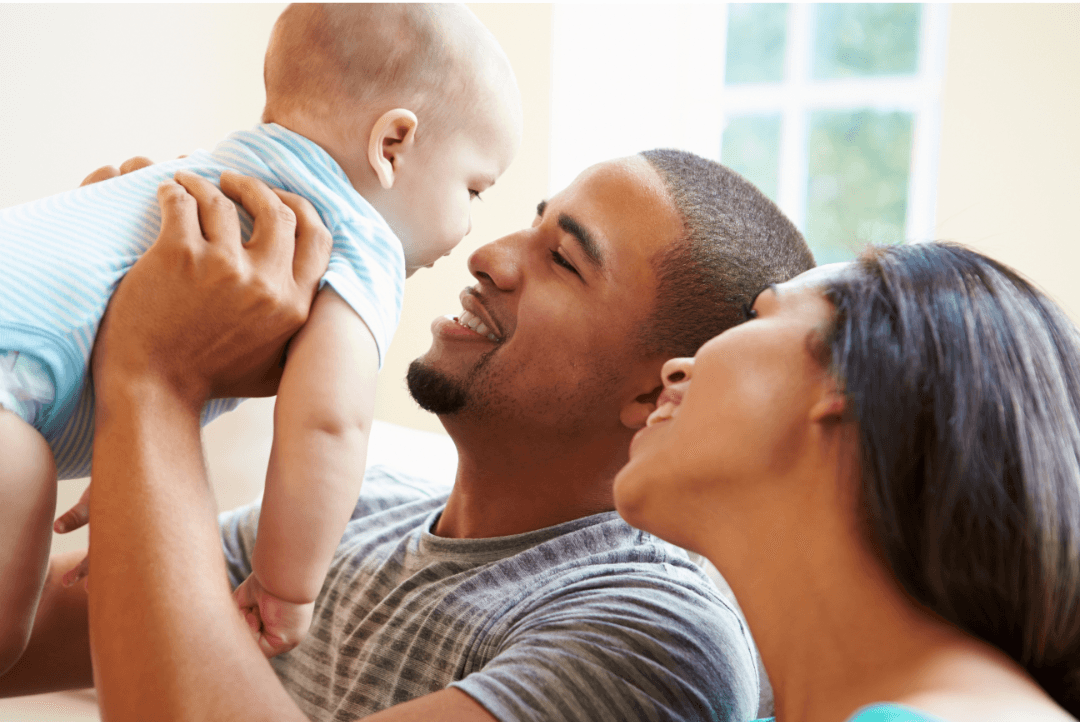 A couple months ago we discussed why some people choose an open casket funeral, and the benefits of that decision. This post, conversely, will illustrate why some people choose closed casket funerals. If you have these difficult decisions ahead of you, whether because you are completing your own pre-need planning or because you are planning for a loved one, take a look at both posts to weigh the pros and cons. If you and your partner differ on open vs. closed casket preferences, perhaps our previous post on differing opinions between spouses may be helpful to you.
A couple months ago we discussed why some people choose an open casket funeral, and the benefits of that decision. This post, conversely, will illustrate why some people choose closed casket funerals. If you have these difficult decisions ahead of you, whether because you are completing your own pre-need planning or because you are planning for a loved one, take a look at both posts to weigh the pros and cons. If you and your partner differ on open vs. closed casket preferences, perhaps our previous post on differing opinions between spouses may be helpful to you.
Common Misconceptions
When we try to understand why someone would choose a closed-casket funeral, the mind often jumps to the state of the body. The body may be disfigured from a fire or a chemical accident, maybe water was involved as it often has adverse effects on a corpse. However, this is actually very rarely the case. Many people choose a closed casket funeral out of respect for the dead, regardless of the state of their body. Some see open casket viewings as an invasion of privacy, whether of the family or deceased person or both. This is a matter of personal opinion and can cause disagreements within families dealing with funeral arrangements. A good way to anticipate these problems is pre-need funeral planning dictating your own wishes and preferences.
Religious Guidance
Another reason one may choose a closed casket funeral is religious. Many religions leave the option of holding a viewing or wake up to the family members, but some religions do not typically encourage open caskets. Jewish funerals do not hold a viewing but instead have a rite known as “keriah” and a small family gathering before the service. The Muslim faith also does not include an open casket viewing, as bodies are buried as soon as possible after death. A Quaker funeral is the last religion that outlines restrictions on viewings and wakes. If religion is not your reason for feeling hesitant about an open casket, there are plenty of other valid reasons as well.
Finding Comfort in the Discomfort
For example, some people feel uncomfortable with the embalming process and do not wish to be displayed. This is a natural reaction, even though undertakers are highly trained professionals and can present the deceased in very lifelike and natural ways. Choosing a closed casket funeral may be in consideration of the guests present, as cadavers sometimes cause adverse reactions with some people who would prefer to not lay eyes on the corpse. Perhaps the desire for a closed casket is a psychological one. Though many people believe an open casket funeral brings a therapeutic opportunity to bid a loved one goodbye, some studies disprove this theory as only a nice sentiment. The opposite could be said, then, about closed casket funerals—perhaps they give guests a sense of finality that allows them to accept death and let go.
Whatever your reason for considering a closed casket funeral, the important thing is the wishes of your loved one and your own level of comfort with the proceedings.


